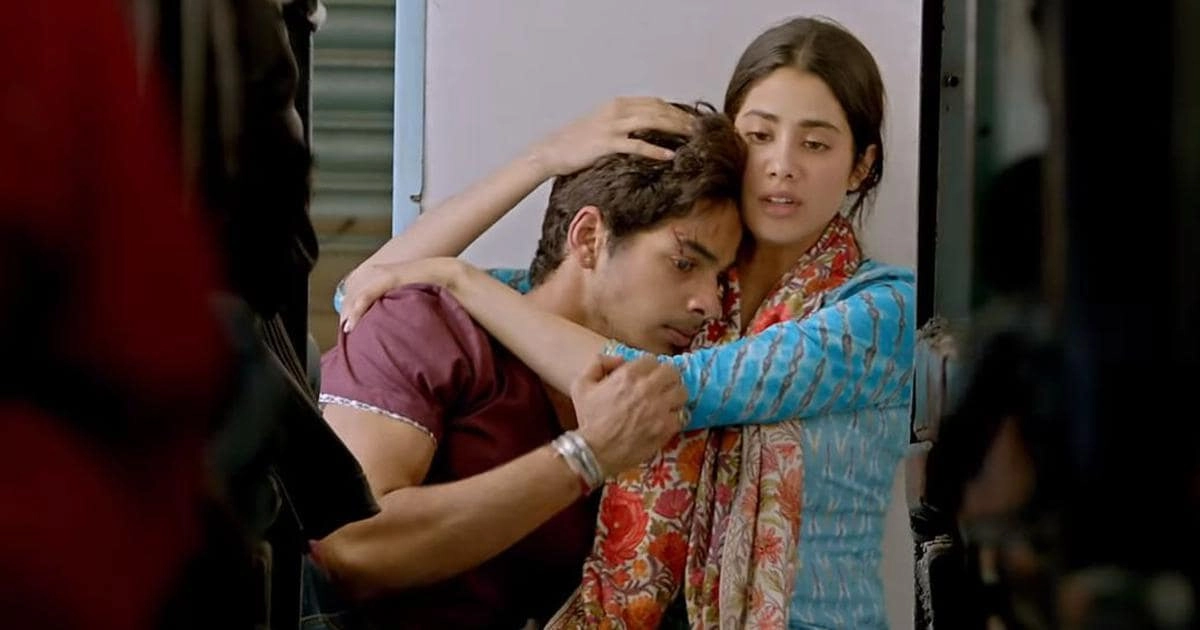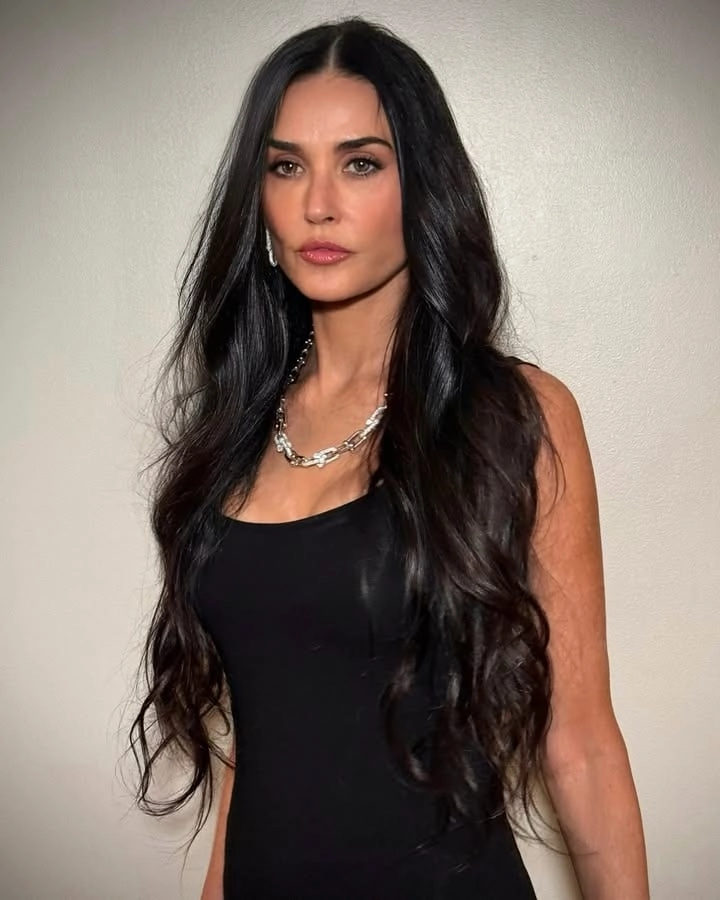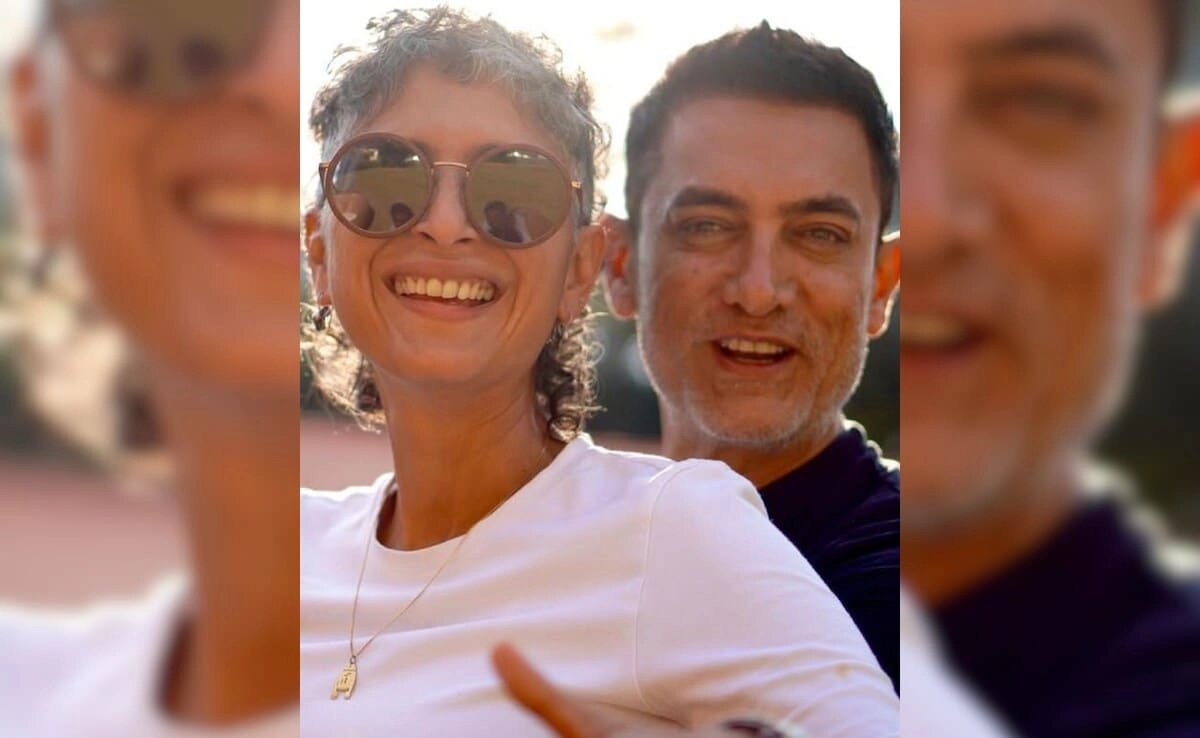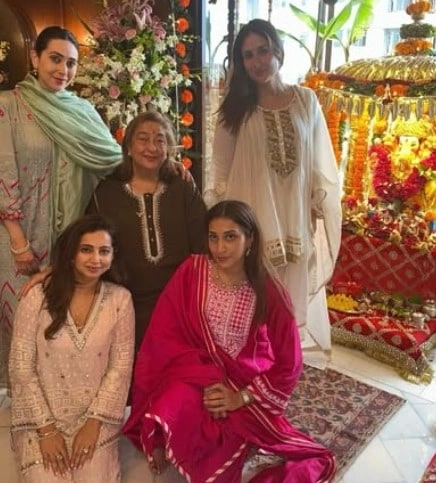“Dhadak,” the 2018 romantic drama directed by Shashank Khaitan and produced by Karan Johar, marked a significant moment in Bollywood’s cinematic landscape. As a remake of the critically acclaimed Marathi film “Swaas,” “Dhadak” was more than just a retelling of a poignant love story; it was a bold step towards addressing contemporary social issues within the framework of mainstream cinema. The film starred Ishaan Khatter and Janhvi Kapoor, both of whom made their debut in lead roles, showcasing their talents and charisma. Their performances not only captivated audiences but also highlighted the potential for fresh narratives in Bollywood that resonate with younger viewers.
Karan Johar, known for his keen eye for talent and storytelling, played a pivotal role in bringing this film to life. His vision was clear: to create a platform for new actors and narratives that challenge traditional norms. “Dhadak” explores themes of love, honor, and societal pressures—issues that are still relevant today. By choosing to focus on a narrative that reflects the struggles of young love in the face of familial opposition, Johar demonstrated an understanding of the cultural zeitgeist, making the film feel ahead of its time. The chemistry between Khatter and Kapoor, coupled with a vibrant soundtrack and picturesque cinematography, contributed to a unique cinematic experience that resonated with audiences across demographics.
Furthermore, “Dhadak” serves as a reminder of the evolving landscape of Indian cinema, where stories that tackle sensitive subjects can find mainstream acceptance. The film’s portrayal of class differences and the challenges faced by young lovers in a traditional society sparked conversations that extended beyond the screen. It encouraged viewers to reflect on their own beliefs and the societal structures that often dictate personal choices. In this way, both the film and its creators, including Karan Johar, positioned themselves as catalysts for change, paving the way for future filmmakers to explore similar themes without fear of censorship or backlash.
In retrospect, “Dhadak” was not just a film; it was a cultural statement that heralded a new era in Bollywood, one where the voices of younger generations could be heard and celebrated. The film’s impact continues to be felt, as it opened doors for diverse storytelling and fresh talent in an industry often criticized for its formulaic approach. As Ishaan Khatter and Janhvi Kapoor continue to evolve in their careers, they carry with them the legacy of “Dhadak,” a film that challenged conventions and inspired a shift towards more relatable narratives in Indian cinema. In many ways, it was a harbinger of the changes to come, reflecting a desire for authenticity and depth in storytelling that resonates with audiences both young and old.




